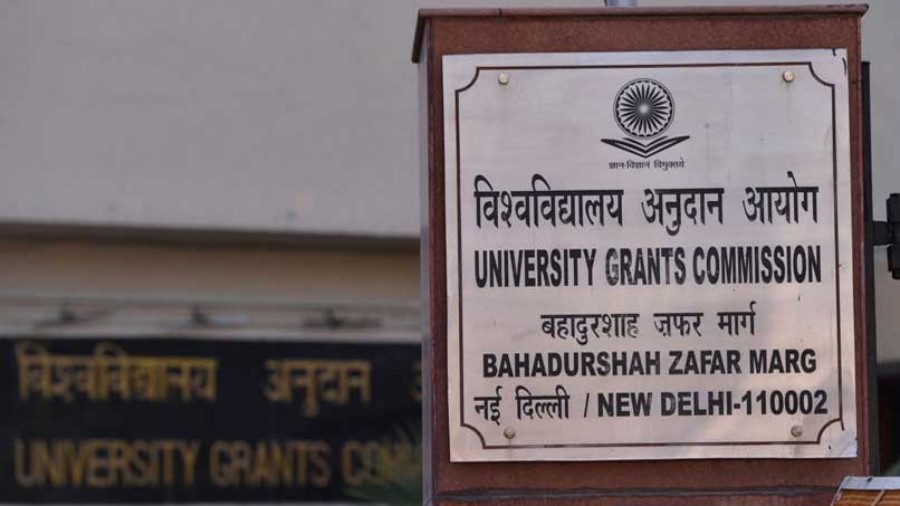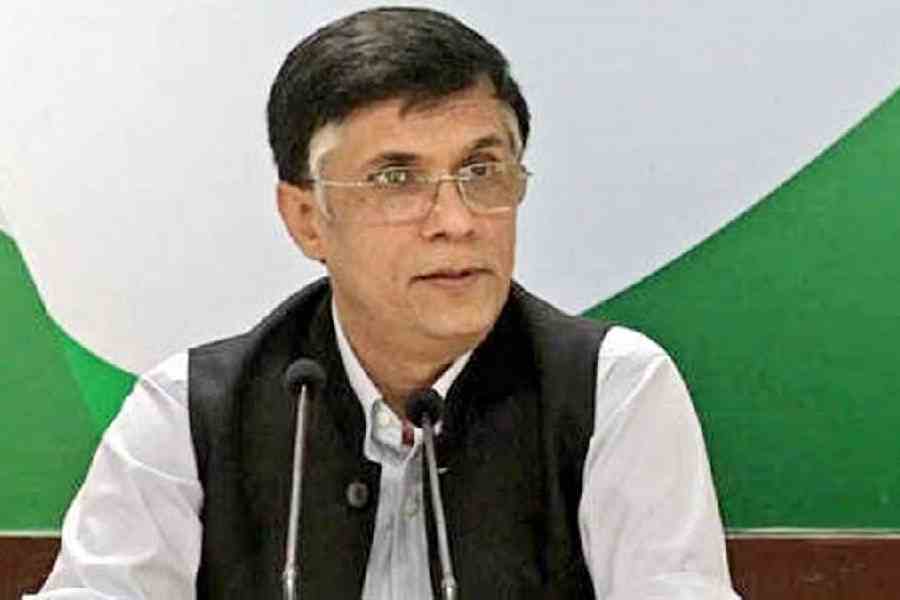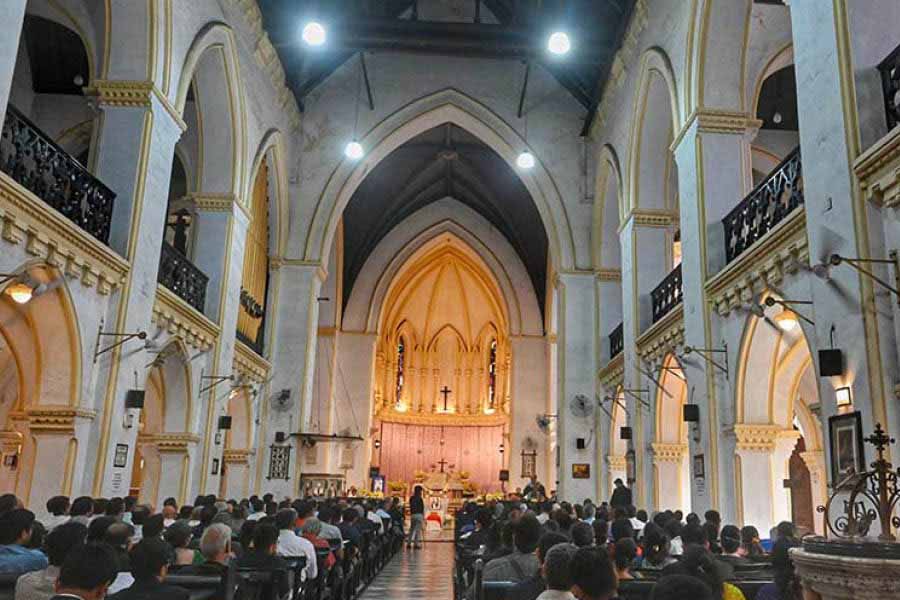A new set of rules proposed by the University Grants Commission (UGC) for functioning of autonomous colleges has dropped a cap on appointment of contractual faculty.
In 2018, the UGC had notified the UGC (Conferment of Autonomous Status Upon Colleges and Measures for Maintenance of Standards in Autonomous Colleges) Regulations providing for freedom to the autonomous colleges to determine their own courses of study and fees.
Since the National Education Policy (NEP) has already come into force, the UGC wants to revise the regulation. It has uploaded a draft regulation in this regard and has sought feedback of stakeholders till October 25.
The existing regulations stated that an autonomous college shall upload on its website information regarding the courses offered by it, the fees for the courses, the details of the faculty along with qualification and unique ID, the admission procedure, research activities of the college along with the details of PhD students. The revised draft guidelines have kept this provision too.
Another important provision of the existing regulations wants the college to limit contractual staff to 10 per cent of total faculty strength. The revised draft guidelines have dropped this provision.
Hansaraj Suman, chairman of Forum for Academic and Social Justice, a body of some faculty members of Delhi University, said dropping the provision on restriction on contractual appointment would facilitate contractual appointment and deny reservation to Scheduled Castes (SCs), Scheduled Tribes (STs) and Other Backward Classes (OBCs).
“The autonomous colleges usually enjoy greater power in managing their affairs. They will increase contractual, guest and temporary faculty to a very high level. There is no reservation in such appointments. So the representation of SCs, STs and OBCs will decline,” Suman said.
Suman said autonomous colleges will open more self-financing courses which will be managed mainly by contractual and guest faculty members. The students pay a high fee for such courses.
There are nearly 600 autonomous colleges in the country at present. The NEP envisages granting autonomous status to more colleges which will eventually become degree-granting institutions.
DU Teachers Association (DUTA), the official teachers’ body, has expressed concerns over reduction in funding to autonomous colleges over the years, thereby pushing them to offer self-financing courses.
“DUTA is strongly opposed to such an attempt for DU and its Colleges (most DU Colleges are constituent in nature) because such an ‘autonomy’ has resulted in less government funding and greater reliance on self-earning institutions leading to commercialisation of education across the country,” said the DUTA letter.
The regulations allow any college with 10 years standing and accreditation grade of A to apply directly to the UGC for autonomous status. DUTA has opposed it saying the university should send the application, not the college.
The existing regulations and the proposed regulations have denied any role for staff councils.
At present, the colleges have staff councils comprising academic staff, librarian and director of physical education. Such councils prepare college time tables, organise extra-curricular activities for students, decide purchase of library books, prepare guidelines for students and recommend new teaching posts.
Abha Dev Habib, a faculty member of Miranda House College, said that abolition of staff councils in autonomous colleges seek to marginalise the teachers.
“The staff council represents a collective voice. It also works as a pressure group on service conditions. By abolishing it in autonomous colleges, the government wants to rule out any opposition to its policies,” she said.











